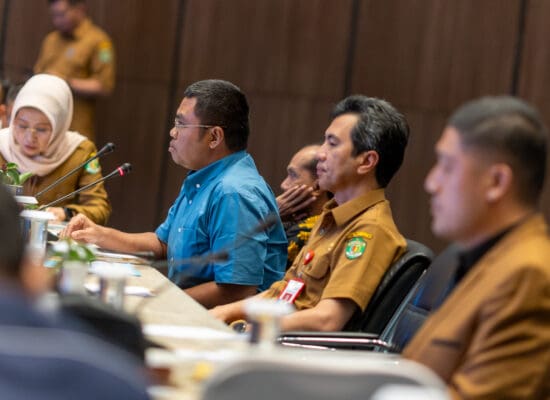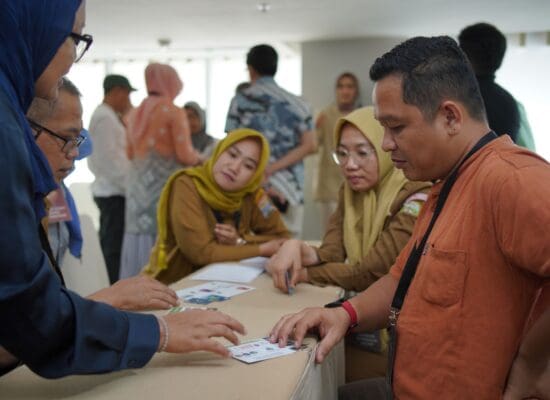News
South Sumatra’s New Regional Consultation Forum Aims to Ensure a Just Transition from the Coal Economy
The coal-reliant Indonesian region of South Sumatra has formally established a regional consultation forum (RCF) to help the province shift from coal to more diverse and sustainable economic activities in a just and fair way.
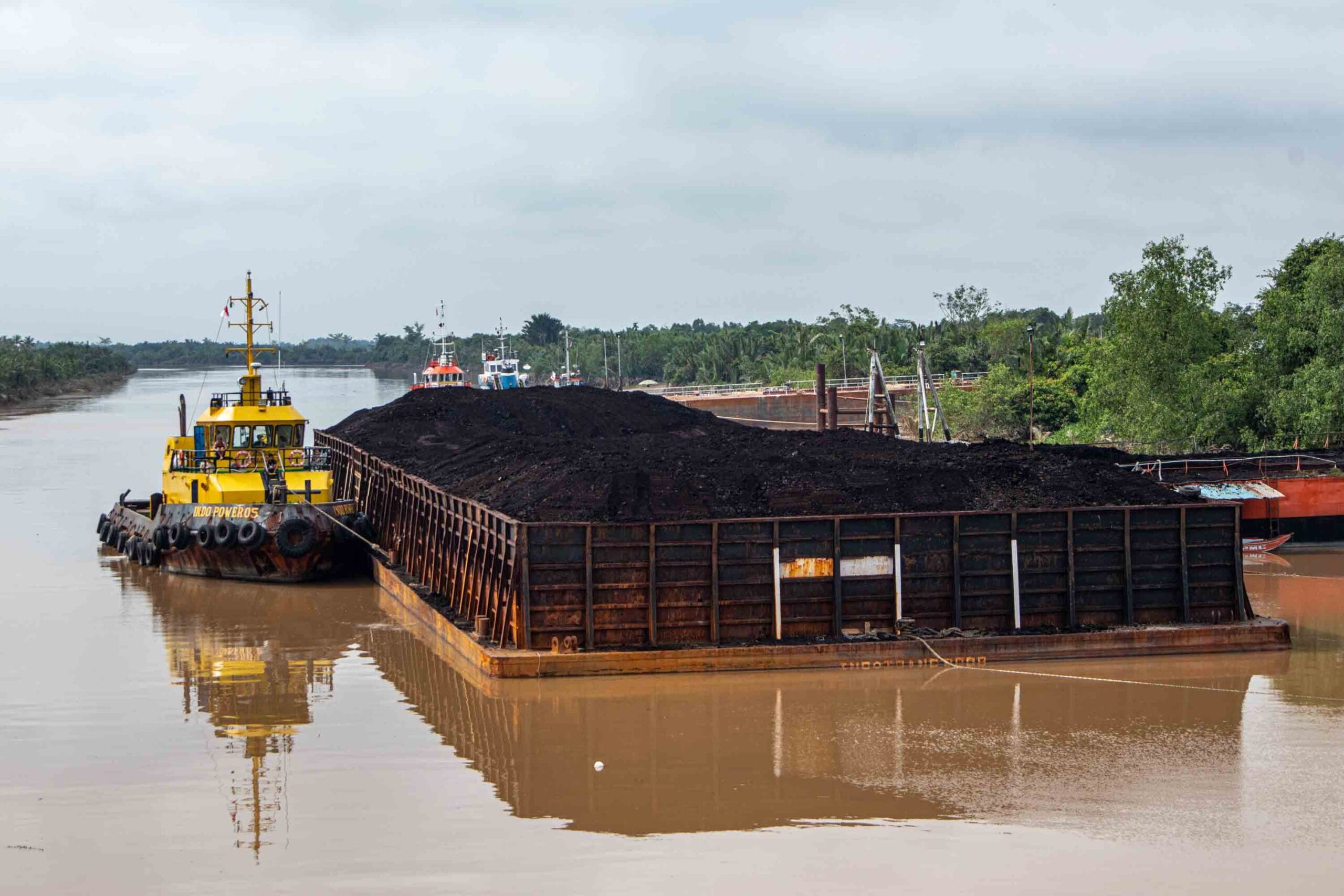
Coal mining has long been an important driver of economic growth in South Sumatra, but the region’s heavy reliance on this sector poses economic risks. These risks are being heightened by the global energy transition as more countries opt for using renewables to generate their electricity and, in turn, rely on that electricity and other low-carbon fuels for end uses. To minimise the impact of these changes, South Sumatra is aiming to diversify its economy, with one area of focus being to boost the region’s agricultural sector by taking advantage of its abundance of coffee farms. In practice, this is likely to involve a range of actors, including banks, universities, and non-governmental organisations (NGOs), working towards the objective of empowering farmers to grow, produce, and sell their coffee through the provision of micro credits, research, and technical assistance.
In January 2025, effective with the signing of Governor Decree Number 95/KPTS/BAPPEDA/2025, the province formalised the establishment of a regional consultation forum, whose main objective is to develop a 20-year plan for economic diversification. Led by South Sumatra’s Development Planning Board (Bappeda), this regional consultation forum consists of tripartite-plus participants, including local governments, trade unions, business associations, academics, and NGOs. It aims to facilitate discussions through three working groups focusing on: (1) the economy, (2) energy, and (3) the workforce and social sectors.
The first two working groups will discuss measures for a transition to cleaner economic activities while ensuring that the province can still meet its energy needs. The economy working group will prioritise measures to strengthen local commodities, the processing industry, tourism, and small businesses as alternative economic drivers. This working group also aims to ensure that the necessary infrastructure and financing are available for these activities and sectors. The energy working group has also been tasked with identifying potential challenges in the energy sector and helping to achieve targets in the regional energy plans (RUED) through cross-sectoral policy-making and coordination.
With potential disruption to the coal industry comes the risk of job and income losses for workers and communities. To tackle this, a dedicated working group focused on the workforce and social sector was also set up to ensure that nobody is left behind. While detailed plans are still under development, this working group will focus on regulations and programmes that help provide upskilling and reskilling training, ensure social protection, and promote gender equality, including in science, technology, engineering, and mathematics (STEM) education, to build a future-proof and inclusive workforce. This working group in particular will enable the forum to uphold just transition principles in its quest for economic diversification in South Sumatra.
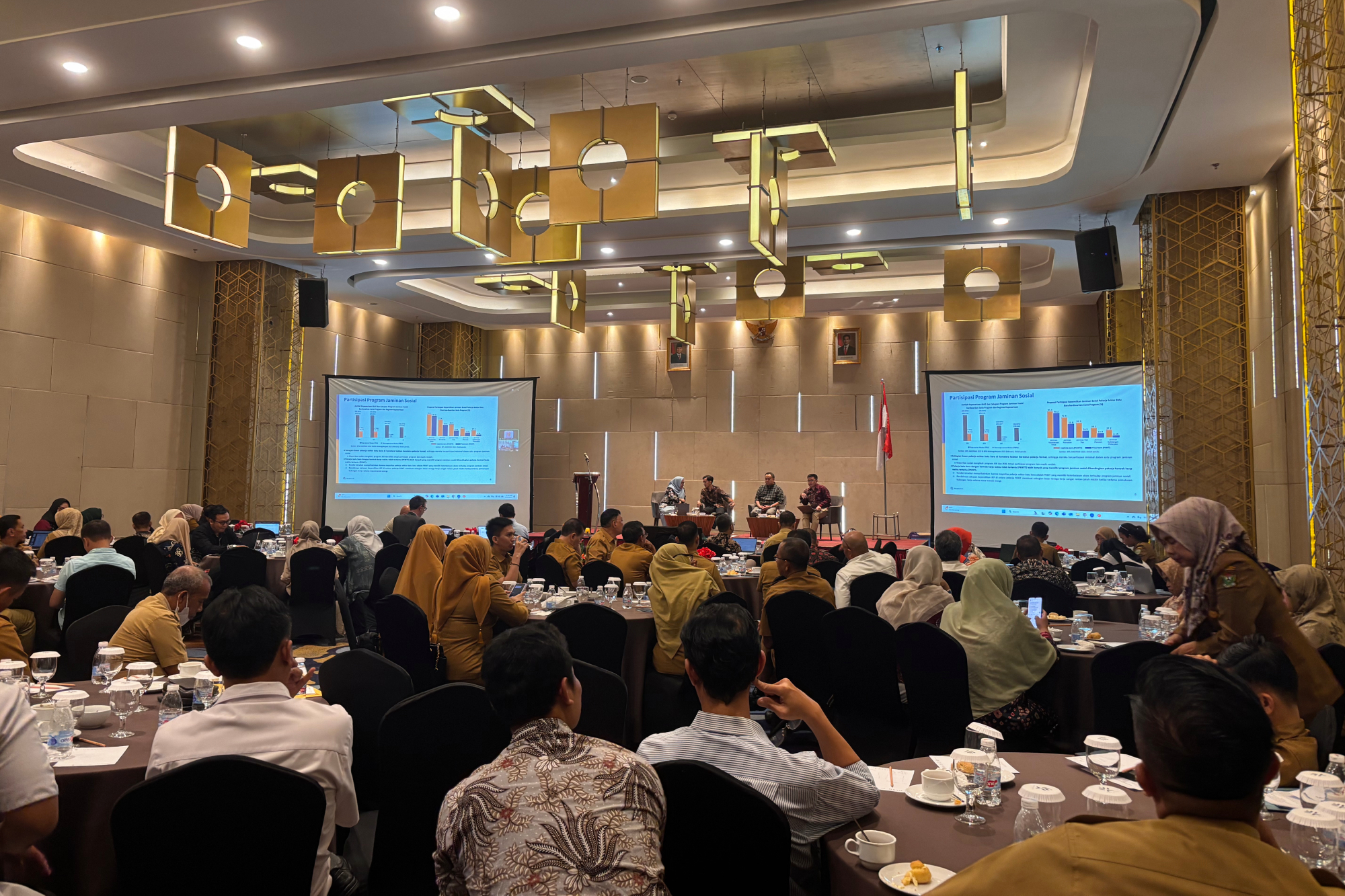
Milestones and Next Steps
The forum has received technical support for its establishment and operation from the Innovation Regions for a Just Energy Transition (IKI JET) project, jointly funded by the German Federal Ministry for Economic Affairs and Climate Action (BMWK) under the International Climate Initiative (IKI) and by the European Commission’s Directorate-General for International Partnerships (DG INTPA) for the Just Energy Transition in Coal Regions Interregional Platform (JET-CR). The South Sumatra RCF is the second regional consultation forum to have been established with support from the project; the first was the Regional Consultation Forum to Accelerate Economic Transformation of East Kalimantan, which was launched at the end of 2024.
Since August 2023, as a precursor to the formation of the South Sumatra RCF, the International Labour Organization (ILO) gathered tripartite stakeholders, civil society organisations (CSOs), and academics for participatory training sessions. In workshops and group discussions, the participants worked together to define a vision for a just energy transition that would be suitable for South Sumatra. Simultaneously, IKI JET consortium members spent several months in close conversation with the provincial government on the structure of the forum. Finally, on 14 April 2025, Bappeda held a kick-off meeting for the forum in Palembang, at which the RCF’s direction and framework were unveiled to an invited audience of stakeholders from local government, CSOs, and vocational education institutions.
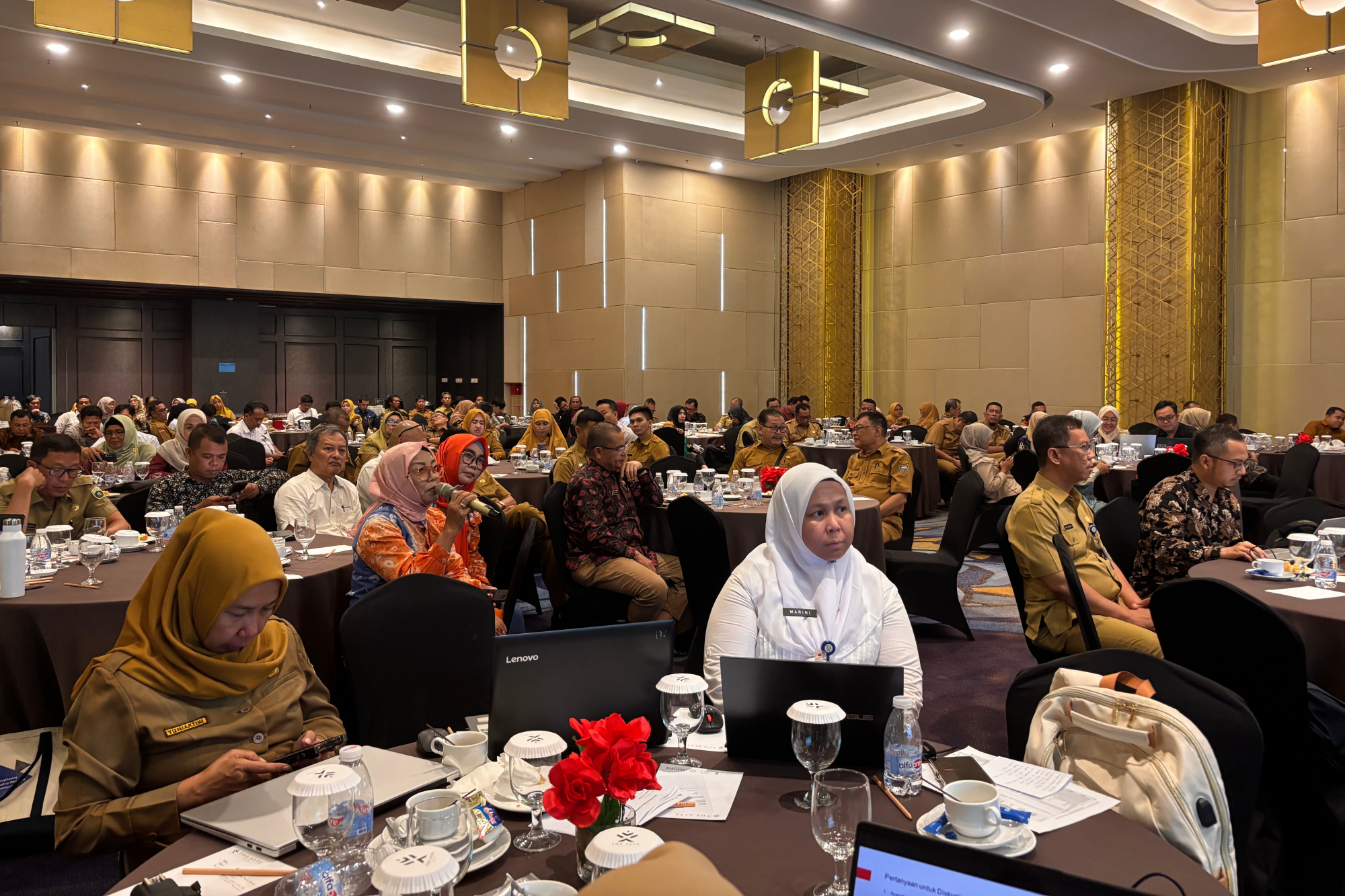
How Do Stakeholders Feel About the New Forum?
Many of the forum members have expressed positive opinions on the vision for a just energy transition in the region through strengthening the local economy.
“What I found interesting from the kick-off meeting were the preventive measures to anticipate a decline in coal exports,” said Muhammad Agustio, a statistical analyst working for Bappeda in the Empat Lawang Regency (a region of South Sumatra). Despite containing the second-largest coffee plantation area in the province, the Empang Lawang Regency has never been able to fully exploit this potential, as coffee historically took a back seat while the province focused on profitable and stable coal. With the forum’s intention to help the province diversify its income, Muhammad is eager to see it make better use of the coffee business as a promising alternative.
The goals of the forum also align with the missions of vocational schools and institutions: to equip the young workforce with the skills to take on new economic opportunities. “I’m motivated to join this activity because people share amazing perspectives here,” said Titin Martini, who heads the Special Job Fair Forum of Palembang City, an institution for vocational high schools that announces job vacancies and manages worker placements to help the local Manpower and Transmigration Office. “The regional consultation forum focuses on young people, and this specialism has always been my dream since working for the Special Job Fair Forum.”
Several participants expressed the hope that the regional consultation forum will serve as a hub for coordinating development plans and driving their implementation, rather than remaining solely as a platform for exchanging ideas.
“This forum can be a strategic space to develop the province’s potential—from coffee, rubber, and snakehead fish, to geothermal energy—through policies and technical support,” said Nyayu Latifah Husni of the Independent Catalyst Programme Research Team at Sriwijaya State Polytechnic. Like many other participants, Nyayu was eager to engage through concrete activities soon, hoping that the forum will result in clear collaboration and implement cross-sectoral efforts to unlock the potential of these commodities. She gave the example that “hopefully, vocational higher education institutions can take on a more expansive role in this forum, not only in training or research, but also when it comes to practical implementation. For instance, companies could recruit students as interns or staff, lecturers could join technical teams, and campuses could become pilot project sites for industrial development targeting young entrepreneurs.”
In terms of concrete next steps, throughout 2025 the forum will bring together stakeholders from various institutions to share their insights and plans with a view to developing a cohesive roadmap and identifying priority actions for the province’s economic transformation and the social protection of vulnerable groups. The roadmap and priority actions will be formally submitted to the relevant governments. Next, stakeholders will begin implementing the roadmap. They will regularly report on progress and challenges to the forum, helping to strengthen accountability and support effective implementation.
Find out more about East Kalimantan’s regional consultation forum.
Stay Informed and Engaged
Subscribe to the Just Energy Transition in Coal Regions Knowledge Hub Newsletter
Receive updates on just energy transition news, insights, knowledge, and events directly in your inbox.
